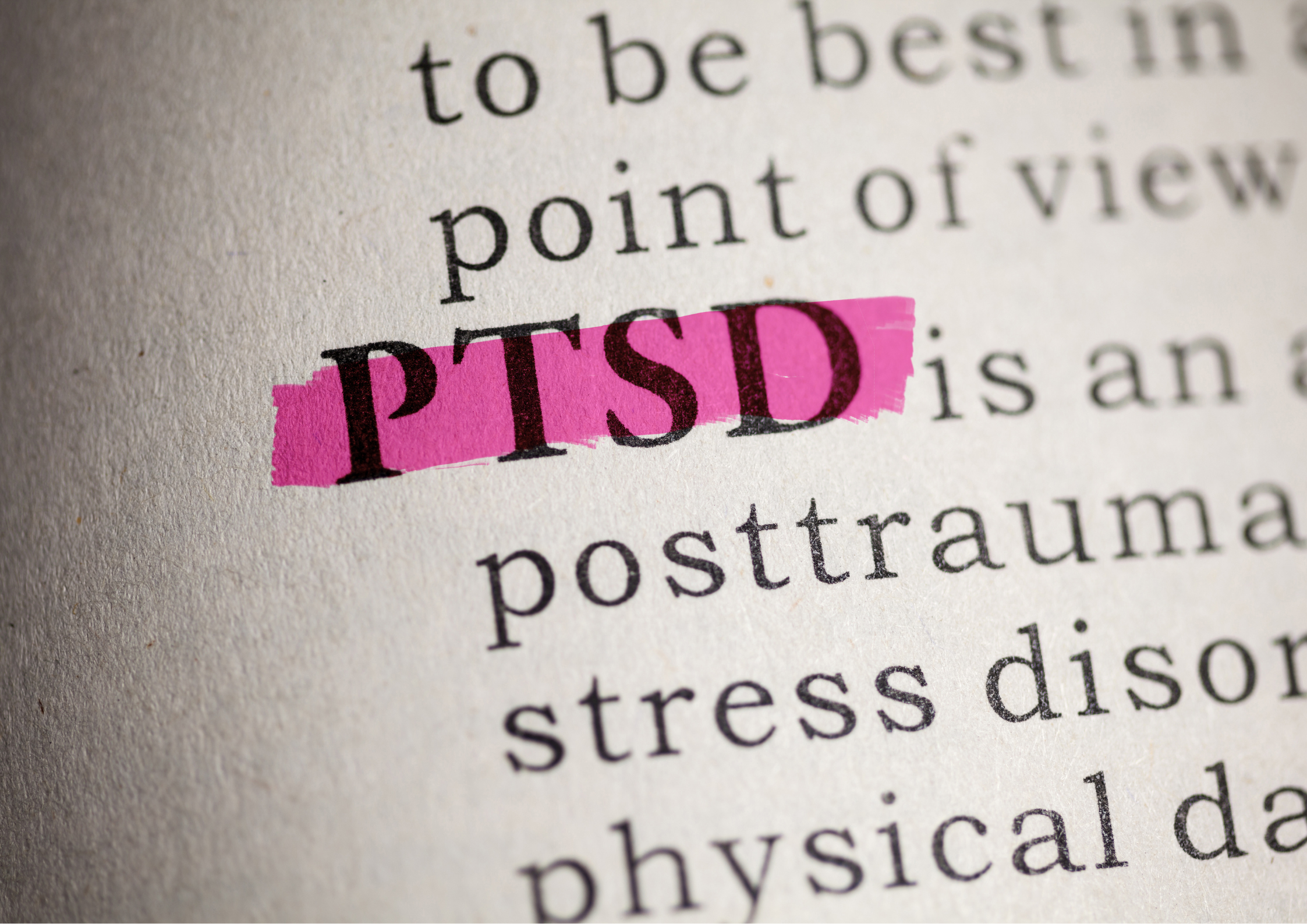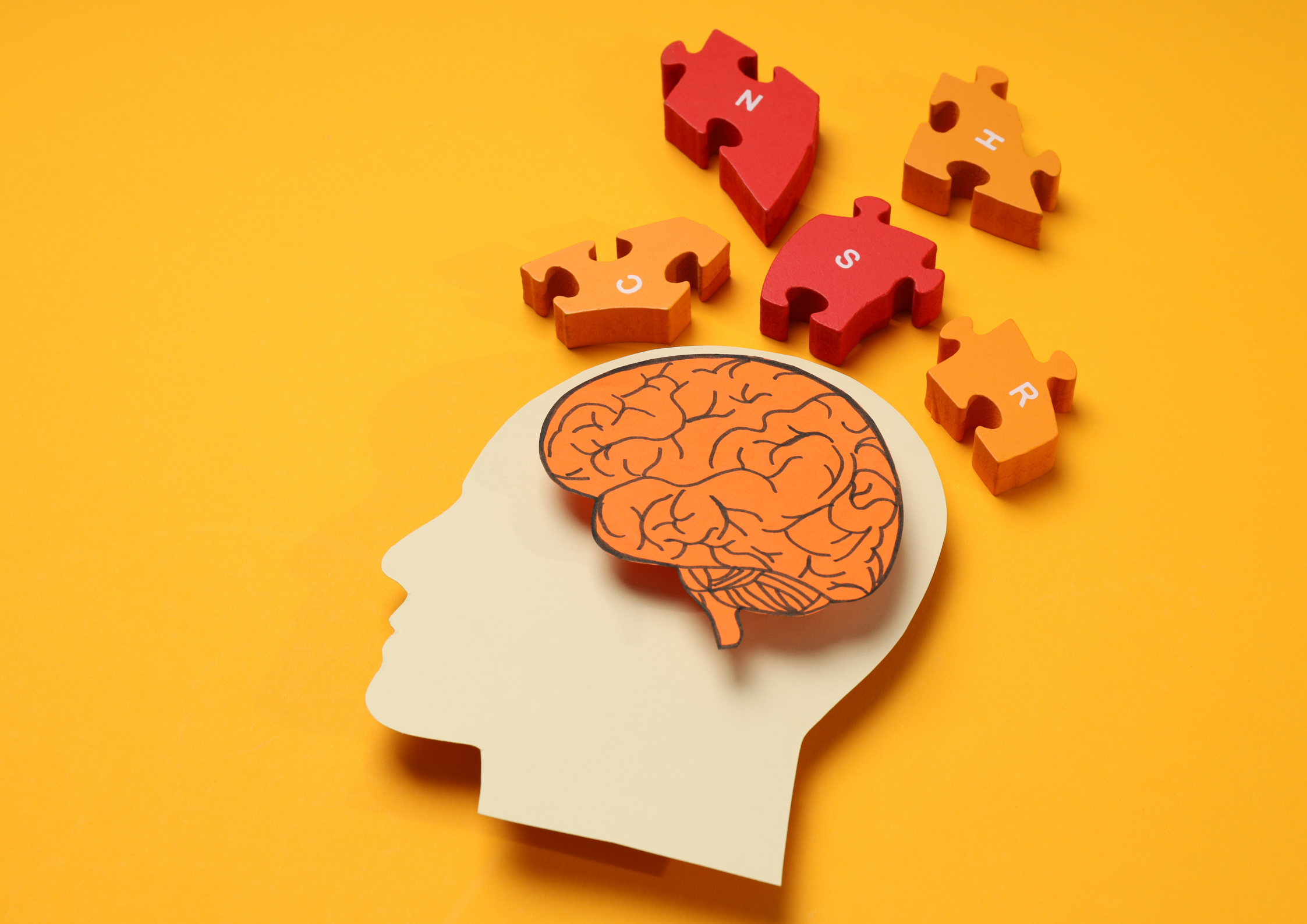
The Rehabilitation Code: When It Applies — and When It Doesn’t
Early access to rehabilitation can change the course of recovery after injury — but when litigation is involved, getting that support in place can be complex. The Rehabilitation Code (2015) was designed to help solve this problem, providing a voluntary framework that encourages collaboration between claimant solicitors, insurers, and rehabilitation professionals to ensure that rehabilitation starts as soon as possible.

Capacity Assessments: Why Resistance Happens — and Why They Matter
A theme that resonates strongly in our Case Manager Community is the reluctance of some solicitors to commission capacity assessments. It’s an issue that sits at the crossroads of law and clinical responsibility — and can leave Case Managers navigating delicate professional territory.

Challenging with Confidence: Navigating MDT Dynamics with Lawyers
A theme that resonates strongly in our Case Manager Community is the reluctance of some solicitors to commission capacity assessments. It’s an issue that sits at the crossroads of law and clinical responsibility — and can leave Case Managers navigating delicate professional territory.

Writing Notes That Stand Up: Legal Insights for Case Managers
Case notes are more than a clinical record — they are a vital part of the legal process. When a case enters litigation, your notes may be reviewed by solicitors, barristers, and even the court. The quality and accuracy of your documentation can directly influence how decisions are made, how evidence is interpreted, and how your professionalism is perceived.

The Link Between Physical Injury and PTSD: What Case Managers Should Know
When someone sustains a life-changing injury, the immediate focus is often on the physical aftermath: stabilising medical needs, arranging surgery, managing rehabilitation, and navigating the complexities of daily life with new limitations. Yet for many clients, the greatest challenges are invisible. Alongside the pain and disruption of the injury itself, there can be a profound psychological impact — most notably the onset of Post-Traumatic Stress Disorder (PTSD).

Understanding Control-Seeking Behaviours After Life-Changing Injury: A Trauma-Informed Perspective for Case Managers
Case managers working with individuals after a life-changing injury often encounter behaviours that are perceived as "controlling." These may include insisting on specific routines, resisting care changes, micromanaging interactions, or becoming distressed when plans deviate from expectations. While such behaviours can sometimes be misunderstood as personality traits or interpersonal difficulties, they are frequently rooted in the psychological impact of trauma.

When Confidentiality Collides with Collaboration: Supporting Psychologists to Work Effectively in the MDT
Multidisciplinary team (MDT) working is essential in litigation and rehabilitation cases — especially when complexity, risk, and long-term recovery are involved. But tensions can arise when professionals approach boundaries differently. A common challenge for case managers is when a psychologist’s well-intended stance on confidentiality limits their participation in the MDT and impacts the wider team’s ability to plan and respond effectively.

Balancing the Impossible? Managing Unrealistic Expectations from Clients and Legal Teams
Case managers are often the calm in the storm — coordinating complex care plans, managing multiple stakeholders, and advocating for clients in high-stakes, emotionally charged environments. But amid this, they’re frequently met with expectations that are not just demanding, but unrealistic. Understanding where these expectations come from, and how to manage them without compromising your own wellbeing or professional boundaries, is key to staying effective and supported in the role.

How to Manage the Impact of Vicarious Trauma in Case Management Teams
As case managers, you are at the centre of clients’ recovery journeys following serious injury, trauma, or complex medical events. You work closely with individuals and families at their most vulnerable, navigating systems that don’t always work smoothly and coordinating multi-disciplinary teams under pressure. While this work is deeply meaningful, it can also take a toll—especially when you’re regularly exposed to clients’ traumatic stories, suffering, and high-stakes challenges.

Spotting the Signs: Is Birth Trauma a Factor in Your Client’s Presentation?
Recognising birth trauma is not always straightforward. Clients may not use the term "trauma," and its effects can present as anxiety, low mood, or even physical symptoms. For professionals in health, legal, and rehabilitation roles, knowing what to look for is crucial to providing appropriate support.

The Lasting Impact of Birth Trauma in the MDT: Why Psychological Insight Matters
Birth trauma can have far-reaching psychological and systemic effects—not only for the birthing parent and their family, but also across the multidisciplinary teams (MDTs) involved in their care and ongoing support. Despite increasing awareness, birth trauma remains a frequently misunderstood and under-addressed issue within clinical, legal, and rehabilitation contexts. Understanding its ripple effects is essential for all professionals in the MDT.

Navigating Conflicting Systems Without Compromising Client Care
Clients living with serious injury or complex needs often find themselves caught between systems — healthcare, legal, education, housing, financial support — each with its own rules, pace, and priorities. Case Managers play a vital role in navigating these systems to ensure they serve, rather than sideline, the client. The challenge? Ensuring that conflicting processes and bureaucratic delays don’t compromise the client’s wellbeing, autonomy, or access to care.

What to do when communication breaks down in the MDT
Communication challenges in multidisciplinary teams (MDTs) are inevitable — but manageable. This article explores the most common reasons why communication breaks down and offers practical strategies for restoring collaboration, clarity, and trust. Whether it's unclear roles, information silos, or conflicting priorities, case managers can take the lead in navigating breakdowns and keeping the client at the centre of care.

Fostering Collaboration and Managing Conflict in the MDT
Multidisciplinary Teams (MDTs) are essential to delivering high-quality, holistic care. However, with multiple professionals bringing different expertise, values, and working styles to the table, conflict is often an inevitable part of the process. Case managers play a crucial role in fostering collaboration and ensuring that conflict is managed constructively, so it doesn't derail progress or compromise the care provided to clients.

